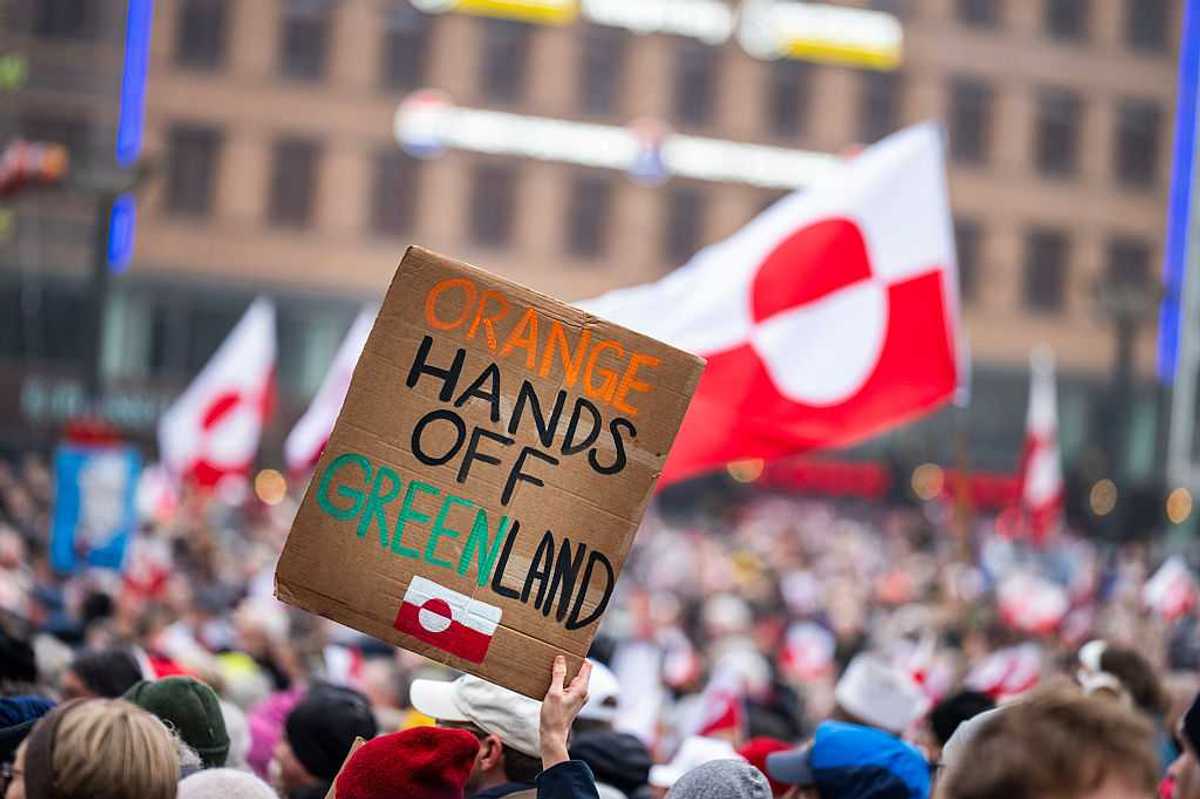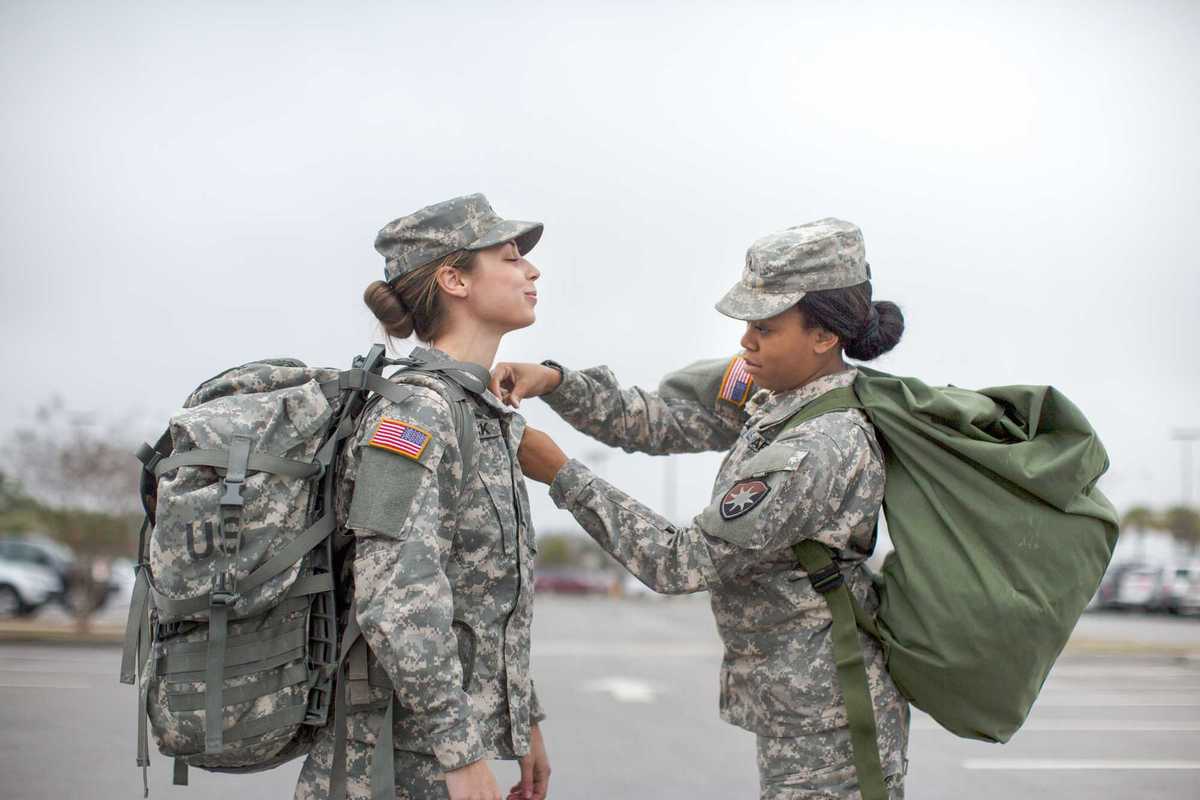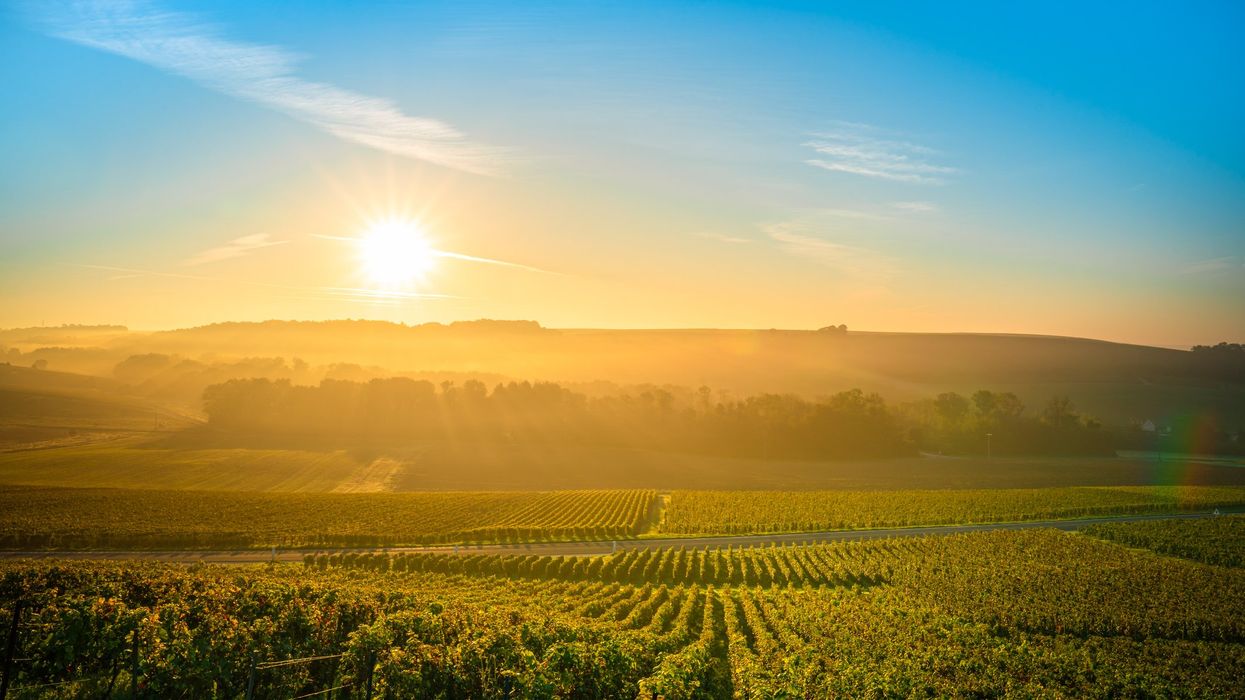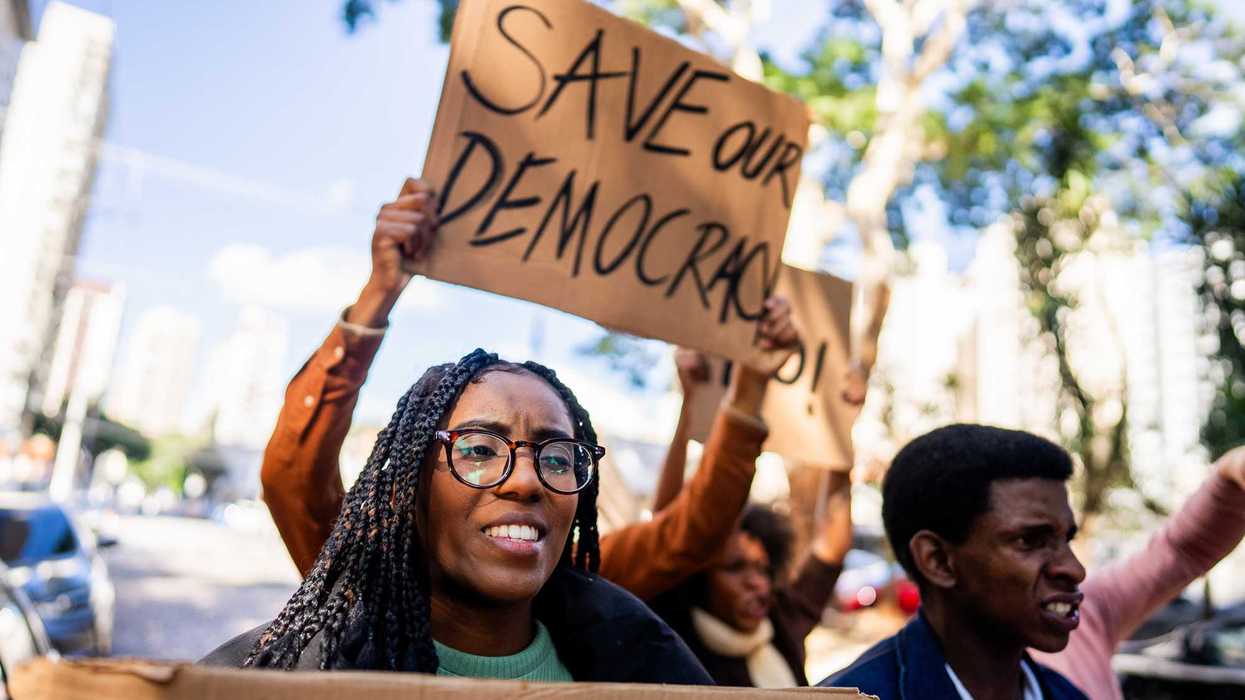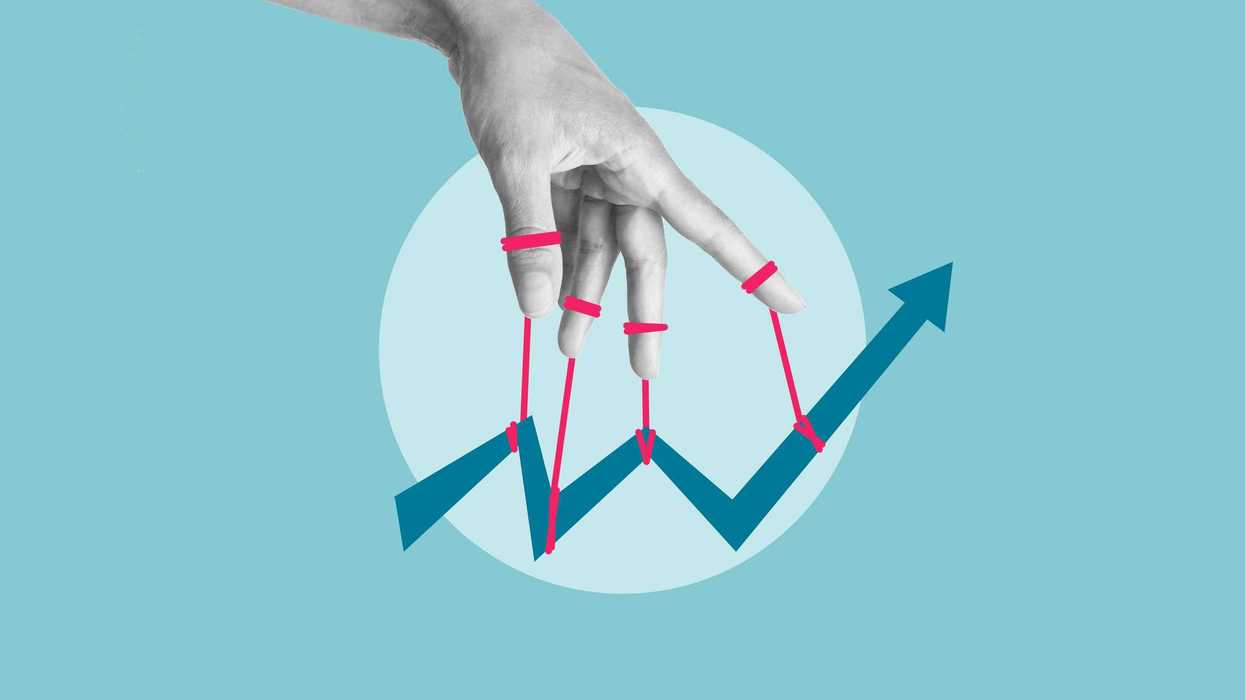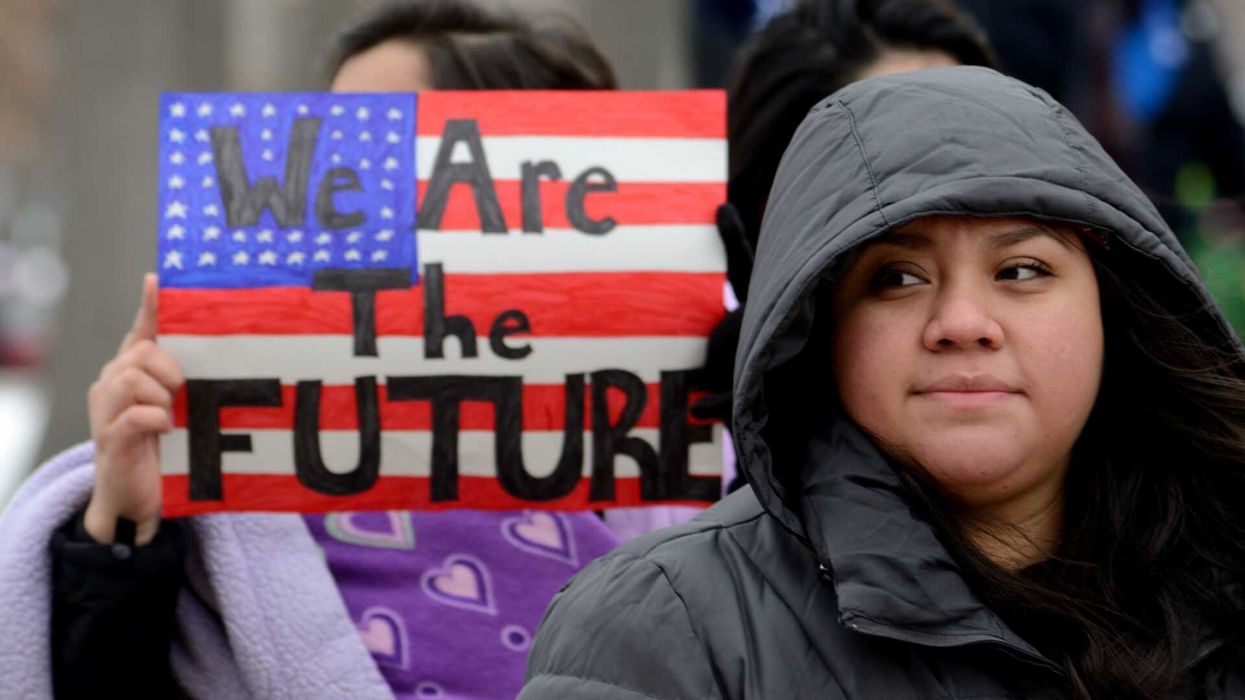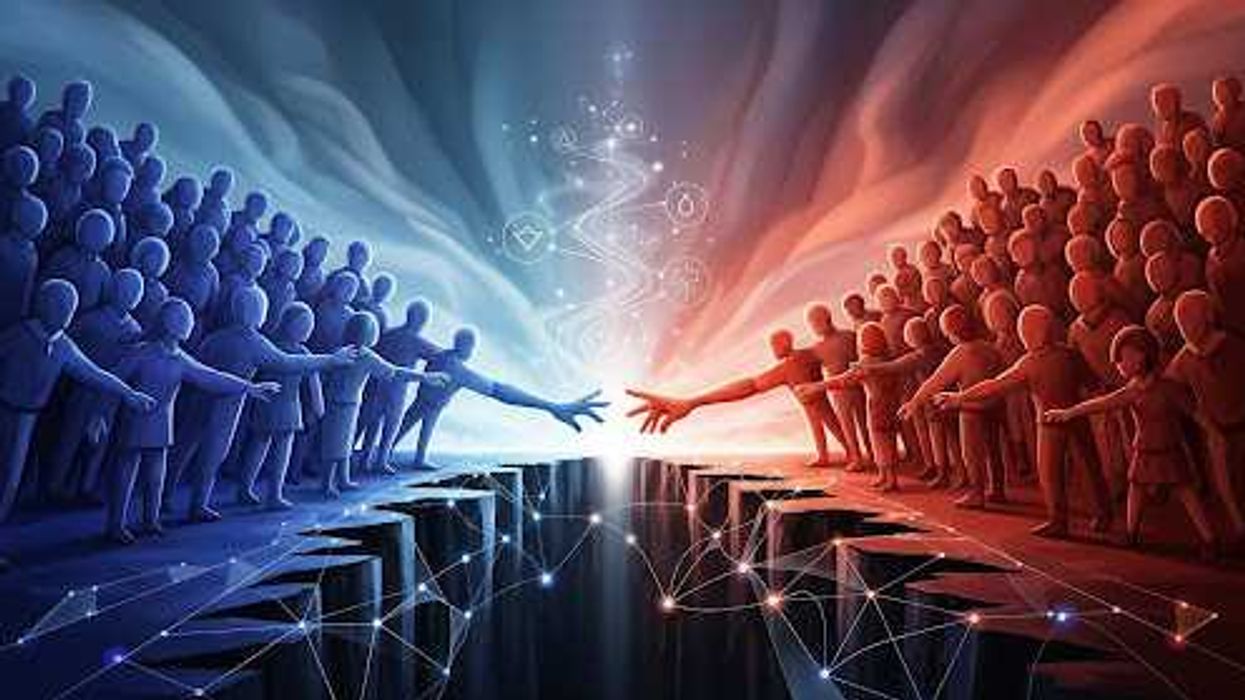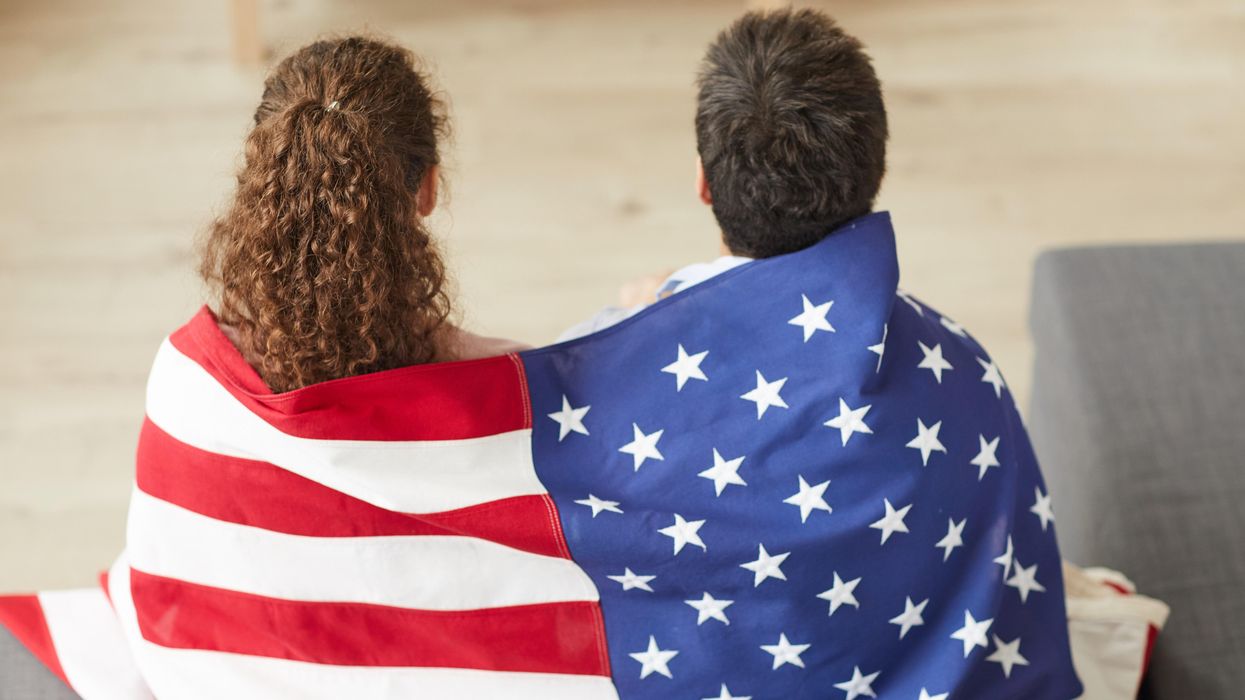“There is hope, a way forward, however unpredictable. We can dance around the petulant games of powerful men. But, as ever, we are at the mercy of the seasons.” - Widow Clicquot
“Widow Clicquot,” adapted from a book by Tilar J. Mazzeo, is the story of Barbe Nicole Clicquot Ponsardin, widowed in 1805 at the age of 27, who inherited her husband’s debt-ridden vineyards. Against all odds, particularly as women had virtually no economic “value” or power in the early 19th century, she, and her vineyards, eventually prospered. It was she who created the Veuve Clicquot champagne dynasty.
Despite her sex, despite her youth, despite her diminished status as a widow, Clicquot prevailed. Known as the Grand Dame of Champagne, she is responsible for the creation of modern champagne, devising the “riddling process” to make the clear, bubbly, celebratory drink we know today.
Now, what to celebrate?
How about “hope,” for as Clicquot says, “There is a way forward….”
But we are finding plenty of impediments: Global strife, the barrage of “wars, and rumors of wars,” “breaking news,” and disasters throughout the world. It is difficult to maintain an optimistic outlook while facing what seems like a frightening and uncertain future. A plague of hopelessness, of nearly obsessive worry and resignation, afflicts so many.
Yet, “joie de vivre” can flourish, even in difficult times. “I don’t have a bomb-shelter. But I do have a basement, and it’s stocked with champagne.” (Doris Miller)
Clicquot says, “We can dance around the petulant games of powerful men,” “dance” being the operative word. We may adamantly disagree with politicians, movements, or social mores. However, we have a choice in how we live, in how much “news” we ingest, in where we spend our time and direct our energy.
“Folks are usually about as happy as they make up their minds to be.” - Abraham Lincoln
And the happiest people are those who believe they can, and will, make a difference, in their own lives, and in the lives of others.
Social media has sucked much of the joy out of so many lives. We let others dictate for us what is important; we judge our successes by our number of “followers,” or “likes.” Occasions do not exist if they are not virtually glorified on Instagram. Only if our selfie captures it, have we stood on the mountaintop. The truth of our lives is hidden behind veneer, as false as the piano-ivories gleaming from the dazzling smiles of media darlings.
But we do not have to embrace this. Dance, yes. But not to the tune of the Pied Piper.
“Life is an art in which too many remain only dilettantes.” - Elisabeth of Wied, First Queen of Romania
Clicquot’s grape-vines are not the only living thing at the mercy of the seasons. We all are. And the mercy of climate and weather, now more so than ever. Mother Nature unleashed can be terrifyingly cruel, as we have sadly and increasingly witnessed. We must use the knowledge we have been armed with for decades to circumvent future damage.
We have, too, seasons in our individual lives. So often we believe earlier times were better, our glossy memories shellacking the past. Or we wish to jump forward to when we have it all figured out, only to discover it elusive as a rainbow’s pot of gold. Our minds may travel but their true value in doing so is in learning from the past and applying that knowledge to the future.
After her champagne shipment was lost while trying to break through Napoleon’s blockade, Clicquot told herself: “Try again. Think differently. Work on what is in front of me.”
“Ever while time flows on and on and on, that narrow noiseless river…Faint yet pursuing, faint yet still pursuing. Ever.” - Christina Rossetti
We will never be right here, right now, ever again. And we will not be here forever.
Have we forgotten how to celebrate, as the rock group Rare Earth sings, “another day of living?” Or what to celebrate? To celebrate at all?
Belief in ourselves is perhaps our greatest cause for celebration.
The count-down has begun. Next July 4th will commemorate the 250th birthday of our country’s independence.
A toast, to us, to the USA. To believing we will come through our challenges and have the courage to confront them. To finding strength in our differences and wisdom in our perseverance.
“Sante!” the French “cheers,” tribute to Widow Clicquot’s spirit and triumph. “May we live all the days of our lives.”
Amy Lockard is an Iowa resident who regularly contributes to regional newspapers and periodicals. She is working on the second of a four-book fictional series based on Jane Austen’s “Pride and Prejudice."